This year, I’m taking part in the shadow jury for the Independent Foreign Fiction Prize. The IFFP is given to a UK-published work of fiction in translation (with the prize split equally between author and translator). The shadow jury, organised by Stu from Winston’s Dad, is a group of bloggers/tweeters who read and review the IFFP longlist, then select their own shortlist and ‘winner’. I’m really excited at the prospect of joining in.
The IFFP longlist was announced yesterday; so, without further ado, here it is:
Sinan Antoon The Corpse Washer (Arabic; translated by the author) Yale University Press
Hassan Blasim The Iraqi Christ (Arabic; trans. Jonathan Wright) Comma Press
Julia Franck Back to Back (German; trans. Anthea Bell) Harvill Secker
Sayed Kashua Exposure (Hebrew; trans. Mitch Ginsberg) Chatto & Windus
Hiromi Kawakami Strange Weather in Tokyo (Japanese; trans. Allison Markin Powell) Portobello Books
Karl Ove Knausgaard A Man in Love (Norwegian; trans. Don Bartlett) Harvill Secker
Andrej Longo Ten (Italian; trans. Howard Curtis) Harvill Secker
Ma Jian The Dark Road (Chinese; trans. Flora Drew) Chatto & Windus
Andreï Makine Brief Loves that Live Forever (French; trans. Geoffrey Strachan) MacLehose Press
Javier Marías The Infatuations (Spanish; trans. Margaret Jull Costa) Hamish Hamilton
Hubert Mingarelli A Meal in Winter (French; trans. Sam Taylor) Portobello Books
Yoko Ogawa Revenge (Japanese; trans. Stephen Snyder) Harvill Secker
Audur Ava Ólafsdóttir Butterflies in November (Icelandic; trans. Brian FitzGibbon) Pushkin Press
Jón Kalman Stefánsson The Sorrow of Angels (Icelandic; trans. Philip Roughton) MacLehose Press
Birgit Vanderbeke The Mussel Feast (German; trans. Jamie Bulloch) Peirene Press
(Details taken from the Independent.)
I’ve read only three of these, so I can’t say a lot at the moment; but this certainly seems a nicely diverse selection. Ten languages represented, three short story collections, and a third of the titles by women (which is higher than the proportion among UK-published translated fiction as a whole).
The official IFFP shortlist will be announced on 8 April, and the winner on 22 May. So how am I going to tackle the reading in that time? I’ll start with the books I haven’t read (though I do hope to re-read the others as well); current plan is to blog two books per post, around 300 words each, but that’s not set in stone. I will use the list above as an index of reviews; I’ve already reviewed Exposure and The Mussel Feast, but I’ll revisit them if time allows.
Finally let me introduce you to the other members of the shadow jury:
There’s also this post at The Mookse and the Gripes, which is tracking reviews of the longlisted titles.
OK, I think that’s everything: time to start reading…
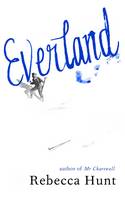
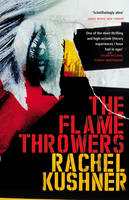


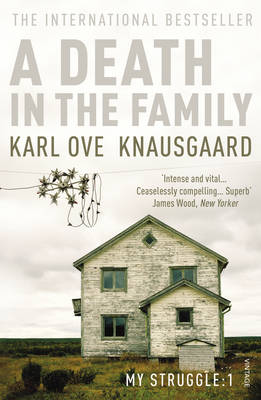
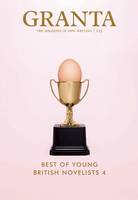
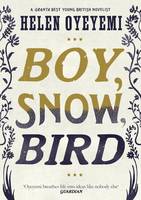
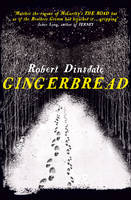
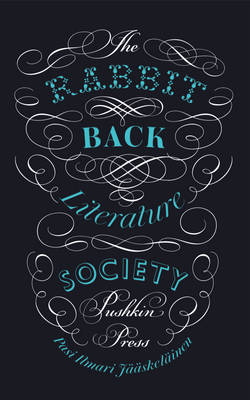
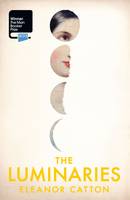


Recent Comments